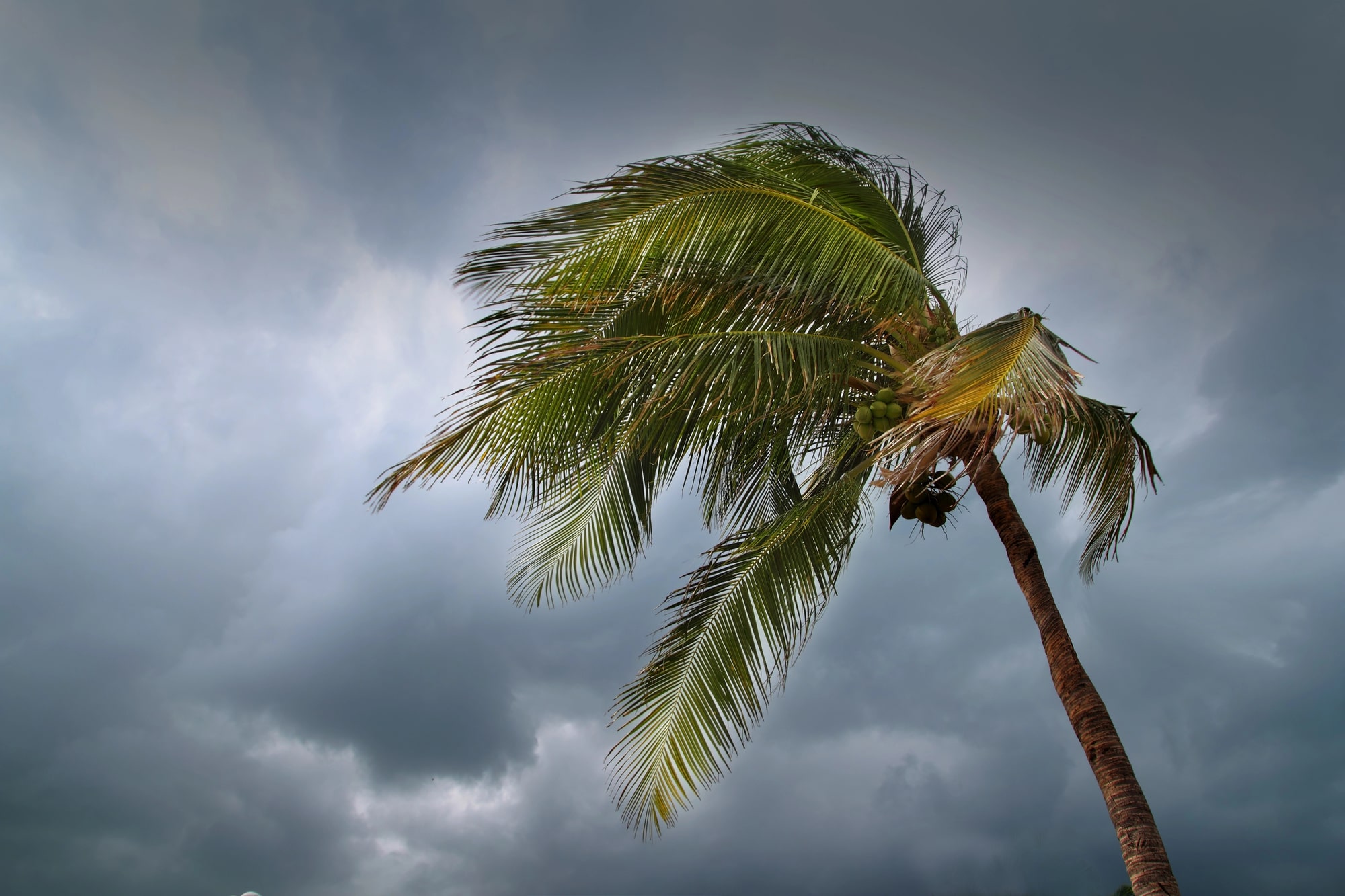In the South, tornado season typically peaks in the spring and early summer months, although tornadoes can occur throughout the year. The Gulf Coast states, such as Texas, Louisiana, Mississippi, Alabama, and Georgia, often experience an increased risk of tornadoes during the late winter and early spring months due to the clash of warm, moist air from the Gulf of Mexico with cooler air masses. In Louisiana, it feels like we have seen so many very powerful and deadly tornadoes in the past few years that have caused extensive damage to our homes.
If your home has been damaged by a tornado, here are some steps you can take:
- Assess the Damage: Once it is safe to do so, assess the extent of the damage to your home. Be cautious of any structural damage or hazards such as downed power lines. After a tornado or serious storm, a power line can still be active and very dangerous or deadly to touch.
- Document the Damage: It is easy to be overwhelmed when your home has damage and just want to immediately start the process of repairs to get back into your home. However, it is essential that you document the damage to your property. Take photographs or videos of the damage to your home and belongings. Try not to throw anything away before the insurance claim has been opened and the insurance company states – in writing- whether or not they want to perform an inspection on certain items. This documentation will be useful when filing an insurance claim.
- Contact Your Homeowners Insurance Company: Reach out to your insurance agent or directly to your insurance company as soon as possible to open a claim and report the damage. You can find your insurance policy number on your declarations page as well as the contact information for your insurance company to start your tornado damage claim. Many of these policies have proof of loss provisions which require you to notify them within a certain timeframe or you will potentially jeopardize your case.
The insurance company will open a claim and then assign your claim to an adjuster. That adjuster should guide you through the process of filing a claim. They will request documents from you, such as proof of the extent of the damages and the cost of any repair. It is likely that they will send someone out to your home to perform an inspection of the extent of the damage.
- Mitigate Your Damages: You have a duty to reasonably mitigate any further damage to your property even before an insurance company may be able to get out to perform an inspection of your home. What this means is that you are required to take “reasonable” steps to secure your property to prevent further damage, such as covering broken windows or covering holes in the roof with tarps to prevent further water intrusion. Keep receipts for all of the expenses you incur, including for materials or labor, in responding to the tornado damage to mitigate further damage.
- Temporary Housing: If your home is uninhabitable, arrange for temporary housing for you and your family and all of the costs associated with that, which could include food for dining out or other items. Your insurance policy may cover the cost of temporary accommodation. Save your receipts so that you can submit them in your insurance claim to get reimbursed.
- Business Losses. If your business was damaged by a tornado, you will need to document your business interruption losses. Make sure you gather all of your income information to be prepared to establish this. In many cases, we will need to hire an expert economist if the business is closed for an extended period of time to document the extent of these losses.
- Itemization of Items Destroyed: It is a good practice to start photographing and itemizing on a sheet the items destroyed in the tornado and the estimated cost of those items. If you have an actual receipt from the purchased item – such as a sofa or refrigerator that was destroyed – that is ideal. Otherwise, you can find the cost of a replacement item online and use that instead. Damage can include ruined appliances, furniture, computers, spoiled food, clothing, or any other thing that is damaged by the tornado. Even if there are minimal costs associated with some of the items, in the aggregate, it may be a high cost.
- Seek Assistance: Reach out to local relief organizations, such as the Red Cross, who may be able to provide assistance with immediate needs such as food, water, and shelter.
- Begin Cleanup and Repairs: Once it is safe to do so, start the cleanup and repair process. Depending on the extent of the damage, you may need to hire contractors or professionals to assist with repairs. It is best to start major repairs until after the insurance company performs an inspection.
- Beware of Contractors. Get multiple estimates for repairs from licensed contractors. We do not recommend assigning any of your insurance rights to a third person, including a contractor or public adjuster.
Frequently Asked Questions
Here are some answers to frequently asked questions you may have about your tornado damage claim.
Do I need an attorney to make a claim for damage to my home caused by a tornado?
The short answer is – maybe. If you have extensive damage that may eclipse your policy limits, it is best if you open the claim yourself, let the insurance company assess your damage, and get the insurance monies in. If you hire an attorney, who will likely work on a contingency fee contract, an attorney is going to take a portion of this money, leaving you unable to pay for your damages. What we suggest is that you open a claim yourself and attempt to get a first payment without paying an attorney. After that, when the matter becomes disputed, let us take a look at whether we can get you any more than your insurer paid. We will not take your case unless we can get you more money than you have already received.
If I am handling a claim for damage to my home caused by a tornado, what should I do?
The main recommendation we have is to be organized and put everything in writing because everything about your claim has to be documented. We have seen insurance companies not pay claims because the insured did not send them the documentation to support it even though it was discussed with the adjuster on the phone. The best rule of thumb is that if it is not in writing, the insurance company can contend it did not happen. Our recommendation is to make your claim itemized and clear. Do not just forward a bunch of receipts – send an email outlining what they are to make the insurance company’s job to pay you easier and clearer.
After opening a claim, how long does the insurance company have to send someone out to inspect my home and the tornado damage?
After a tornado damage claim is made with an insurance company, insurance companies are required to start the adjustment of your tornado damage claim within 14 days after receiving notice of the claim – that is, 14 days after you open the claim. In some circumstances, this deadline can be extended to 30 days.
After they complete the adjustment process, how long does the insurance company have to pay me for the damage to my home caused by a tornado?
Once you demonstrate “satisfactory proof of loss”, the insurance company has 30 days to pay you.
What happens if the insurance company does not pay me?
This is where an attorney is heavily beneficial to you. If the insurance company does not initiate the loss adjustment within the Louisiana timelines or they do not pay you within the timelines under the law, you may be entitled to penalties and attorney fees under La. R.S. 22:1973.
If you have questions about how to make an insurance claim after suffering damages to your property following a tornado, contact Kiefer & Kiefer today to discuss your options.



